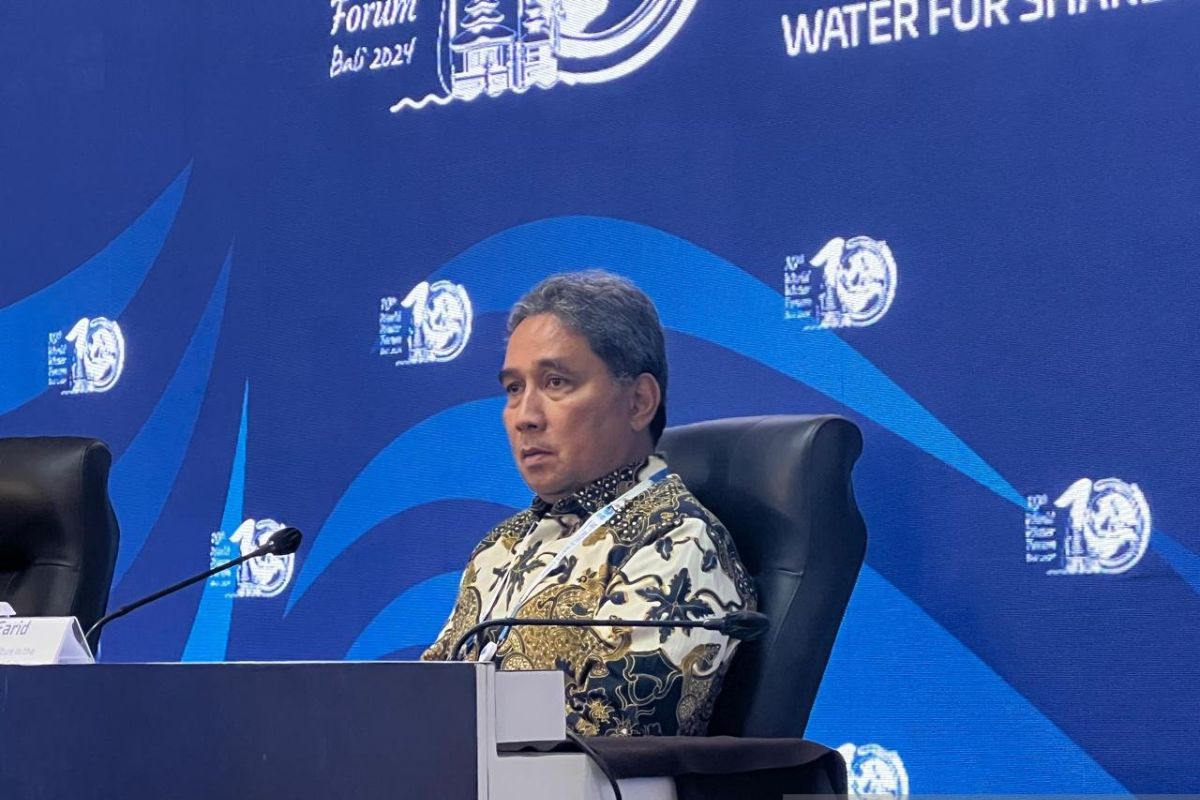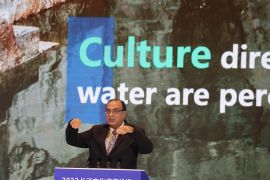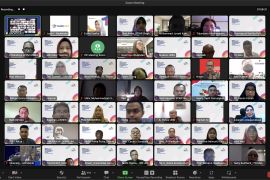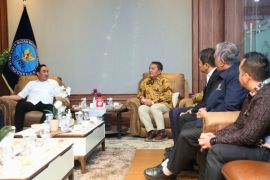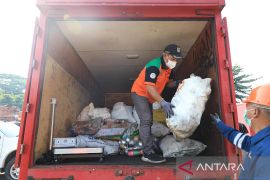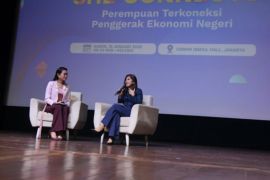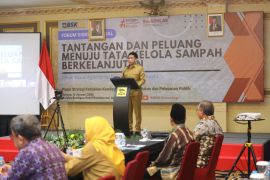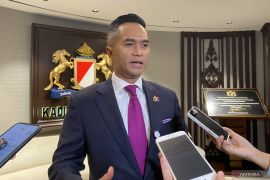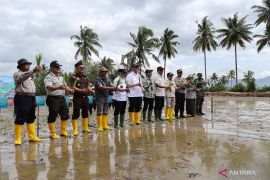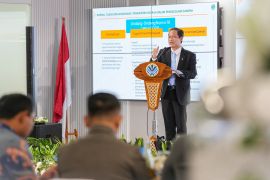"Subak is a sacred area, and it is upstream. It is best to reduce visits to that area. Let the water flow downstream," Director General of Culture of the ministry, Hilman Farid, stated at the 10th World Water Forum press conference here on Tuesday.
Subak is a Balinese community water system that is subject to customary law and has social, agricultural, and religious characteristics, with a spirit of mutual cooperation in an effort to obtain water to meet the needs of food crops, especially rice and secondary crops.
However, Farid noted that Subak is currently only treated as an irrigation system to irrigate rice fields for harvest purposes amid industrial development and increasing population pressure.
"This treatment has the potential to threaten the existence of Subak, considering that tourism in Bali tends to bring in large numbers of people as a measure of success," Farid pointed out.
"Subak must be understood as a social system that maintains the integrity of society, as it is an extraordinary work of art," he remarked.
"Imagine, a landscape carved in such a way as to form a complex water system, complete with all its social institutions. There is no such work of art in modern times," he added.
Hence, Farid encouraged local governments to understand Subak as a social benefit that still has economic value for the tourism sector.
Practices to protect Subak without ignoring economic interests in the Bali tourism sector can be carried out by structuring the downstream ecosystem of the Subak stream, as a tourist destination which in turn can provide benefits for its conservation.
"Those in the downstream must be able to provide benefits to the upstream, where Subak is located," he remarked.
Related news: Subak in Bali signifies local wisdom in caring for water: Jokowi
Related news: UNESCO hopes Bali WWF demonstrates human unity, water civilization
Related news: Indonesian Embassy highlights Subak as Indonesia's tourist attraction
Translator: Andi Firdaus, Katriana
Editor: Azis Kurmala
Copyright © ANTARA 2024
